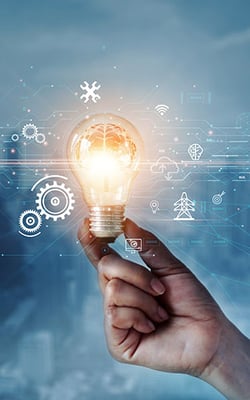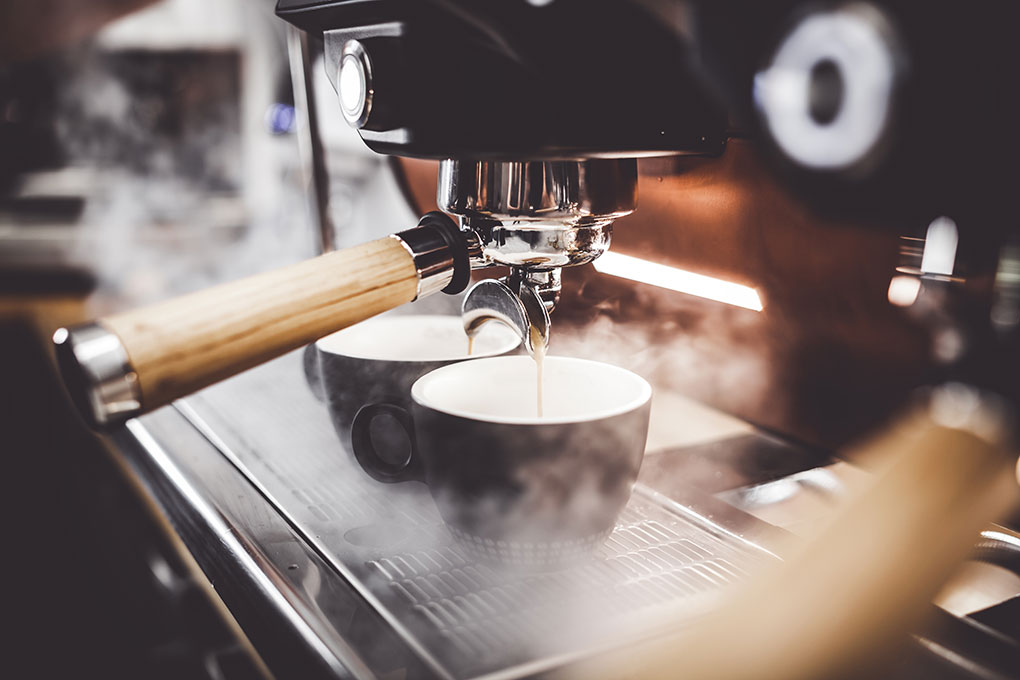Using Appliances in your Motorhome
Travelling in a motorhome in New Zealand can be an adventure of a lifetime, but it also comes with certain challenges, one of which is how to keep your appliances and electronics powered on the road. To make the most of your motorhome experience, it’s essential to have a good understanding of battery capacity, solar panels, inverters, and how to manage your energy usage.
Battery Capacity
The battery capacity of a motorhome refers to the amount of energy stored in the batteries. The batteries in a motorhome are usually either deep cycle lead-acid batteries or lithium-ion batteries. The capacity of the batteries is usually measured in amp hours (Ah) or kilowatt hours (kWh). A higher Ah or kWh rating means that the battery can store more energy, which means it can provide more power to run appliances and electronics for longer periods of time.
Solar Panels
Installing solar panels on your motorhome is a great way to increase your battery capacity and keep your appliances and electronics powered while on the road. Solar panels convert sunlight into electricity, which can be stored in the batteries. The size of the solar panels you need will depend on your energy needs and the amount of sunlight you expect to receive. In New Zealand, you can expect to receive between 4-6 hours of sunlight per day in the summer months and 2-4 hours in the winter months.
Inverters
Inverters are used to convert DC (direct current) power from the batteries into AC (alternating current) power, which is what most appliances and electronics use. The size of the inverter you need will depend on the total power consumption of your appliances and electronics. Inverters come in different sizes, so it's important to choose one that's appropriate for your needs.
Using Appliances in a Motorhome
 When living in a motorhome, it's important to be mindful of your energy usage. Here are some tips for using appliances in a motorhome:
When living in a motorhome, it's important to be mindful of your energy usage. Here are some tips for using appliances in a motorhome:
- Use energy-efficient appliances: Look for appliances that have Energy Star labels, as these appliances use less energy.
- Limit the use of high-power appliances: Avoid using high-power appliances, such as hair dryers, microwaves, and toasters, unless you're connected to shore power or have a generator.
- Turn off appliances when not in use: When you're not using an appliance, turn it off to conserve energy.
- Use LED lights: LED lights use less energy than traditional incandescent bulbs, so switch to LED lights to conserve energy.
- Monitor your energy usage: Keep an eye on your energy usage by using a battery monitor or monitoring your battery voltage.
Conclusion
Battery capacity, solar panels, inverters, and energy usage are important considerations for anyone with a motorhome in New Zealand. By understanding these concepts, you can make the most of your motorhome experience and avoid any power-related issues. Remember to always follow local regulations and guidelines when using electricity in your motorhome, and to stay safe while exploring New Zealand.


